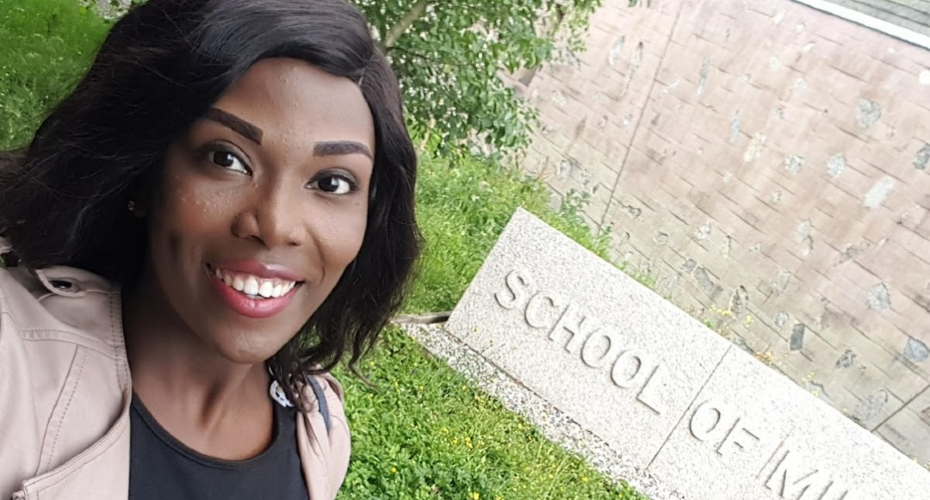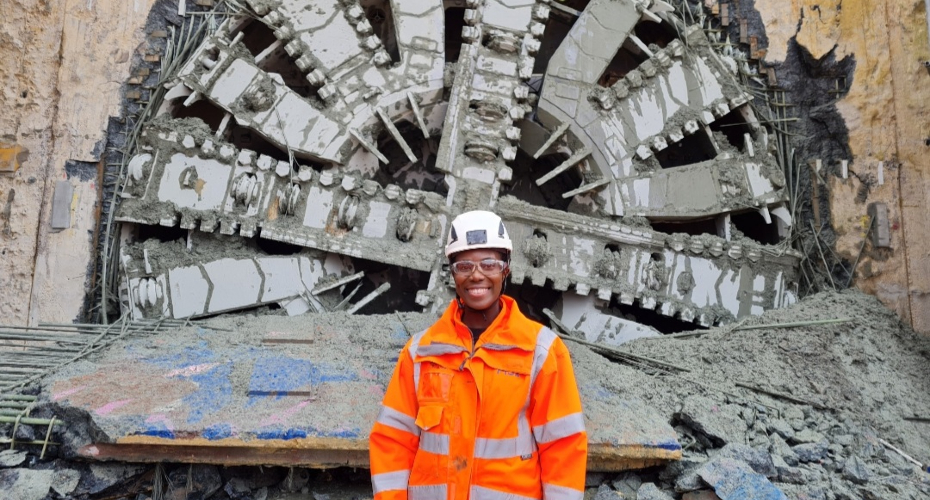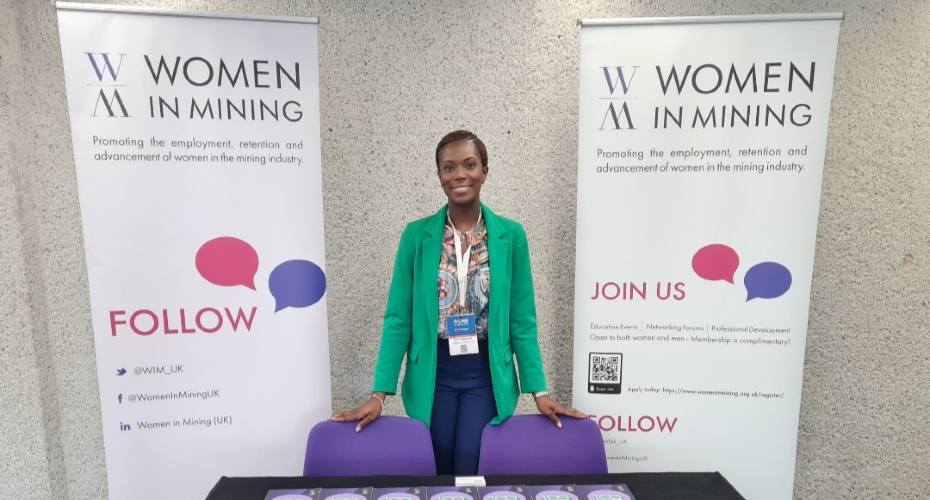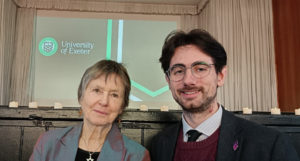Penryn Perspectives: Sarah Mojuetan

Moving down to Penryn from Port Harcourt, Nigeria meant stepping into the unknown
Sarah Mojuetan
Sarah Mojuetan currently works as a Cross-Passage Surveyor at the C1 Package of the HS2 Tunnelling Project contracted to Align JV. The C1 consists of 21.6km of high speed rail infrastructure in a rural environment, which includes a 3.37km viaduct, 16.04km twin-bored tunnel and five vent shafts handling both intervention and tunnel ventilation facilities. As a Cross-Passage Surveyor, Sarah and her team are responsible for daily monitoring of the connections between the tunnels during excavation and grouting to identify the changes that could occur during these processes. Prior to working in the underground tunnel, Sarah completed her Masters’ in Mining Engineering at the Camborne School of Mines in 2020, and the knowledge gained during this time has given her better clarity in navigating through her career journey.
To celebrate Women in Engineering Day (June 23), Sarah has shared her Penryn Perspective on how studying at CSM and receiving a Women in Mining UK scholarship, has helped her to forge a career in the industry.
“Moving down to Penryn from Port Harcourt, Nigeria meant stepping into the unknown, however I was determined to follow through my dreams, and this strengthened me to take a leap of faith. Thankfully, I was also one of the recipients of the Women in Mining UK Scholarship and it taught me the importance of dreaming big, working hard and showing up, rather than giving into my fears.
“I was inspired to study mining engineering at CSM through my interest in gemstones, which are solid minerals, and what they can be used for (particularly jewellery making). Although, at this time I wasn’t fully aware of the Just Energy Transition to a low-carbon economy and the role of mining in achieving this. However, I soon realized that the sustainable extraction of critical materials such as copper, lithium, nickel, cobalt, manganese which are required for renewable energy technologies, electric vehicles is critical to the energy transition.
“Upon completion of my Masters’ and after a year of job hunting (the COVID-19 period), I landed a job on the HS2 tunnelling project and the course in underground construction lectured by Dr Andrew Wetherelt at CSM prepared me for working on a tunnelling project of this magnitude. It has been exciting and has offered me a wonderful technical experience as I’ve had the opportunity to see first-hand how tunnel boring machines (TBMs) operate. Florence and Cecilia, the twin-bored TBMs were used to excavate tunnels through a variety of soil and rock in dense urban areas and to reduce environmental impacts in rural areas. Each TBM operated as a self-contained underground factory, which as well as digging the tunnel, lined it with pre-cast concrete wall segments and grout them into place as it moved forward at a speed of about 15 metres a day. After excavating about 16km underground, both tunnels broke through at different intervals in Q1 2024.

“During my spare time, I volunteer at Women In Mining UK and it has given me incredible opportunities to build mutually beneficial connections, network and exchange ideas with other women at different stages of their career journey and this has tremendously helped in enhancing my personal and professional life.
“In my opinion, starting one’s field career in the construction industry opens diverse opportunities for workers at various stages of their careers as the skills are transferable. Although, it’s a male-dominated industry, we see more women choosing construction jobs making the industry more diverse. For young women keen on taking on construction roles, you need to be curious, speak up, remain confident and assertive while also being approachable.”




